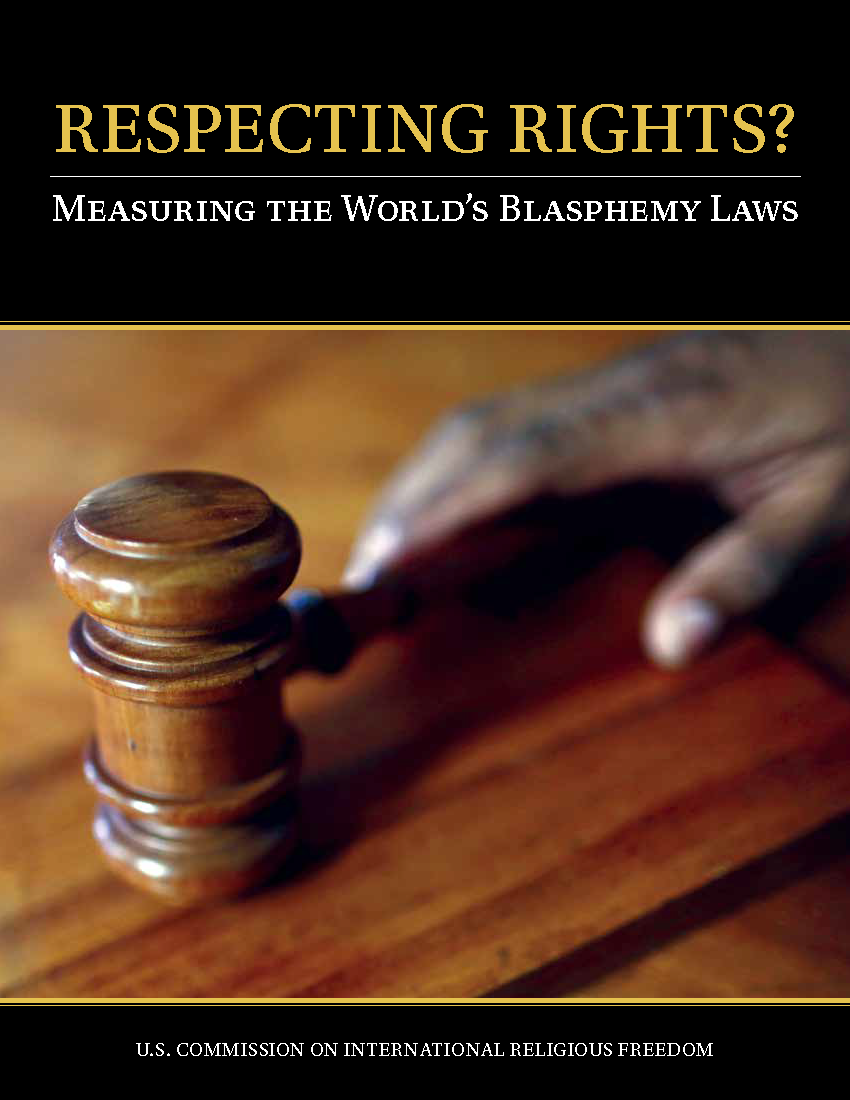- Messages
- 3,129
- Reaction score
- 1,564
- Points
- 108
This is to continue a subtopic we had going here Religion of love? on blasphemy and narrow the focus to that.
This is space to address @muhammad_isa - if I don't misunderstand you I think you were supporting the idea of anti-blasphemy laws or something and @JP Bradt - hi newcomer I hope you stick around and contribute to this thread - you had stated you thought blasphemy was a human right.
Let's discuss this more. I'm going to start another post in the thread looking to define blasphemy and then move on to historical examples of blasphemy laws which I should easily be able to find.
This is space to address @muhammad_isa - if I don't misunderstand you I think you were supporting the idea of anti-blasphemy laws or something and @JP Bradt - hi newcomer I hope you stick around and contribute to this thread - you had stated you thought blasphemy was a human right.
Let's discuss this more. I'm going to start another post in the thread looking to define blasphemy and then move on to historical examples of blasphemy laws which I should easily be able to find.




